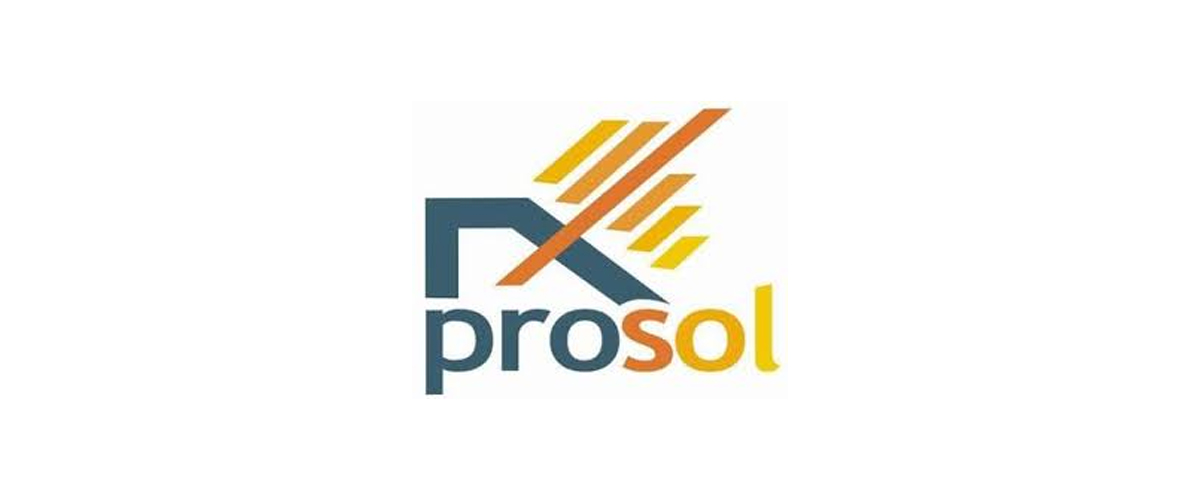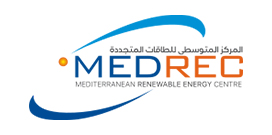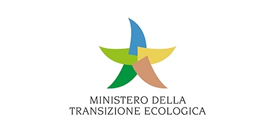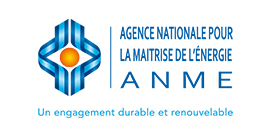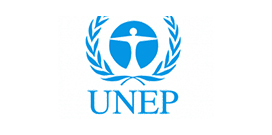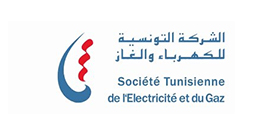Lancé en 2005, PROSOL est un projet conjoint du ministère tunisien de l’Industrie, de l’Énergie et des Petites et Moyennes Entreprises, de l’Agence nationale pour la maîtrise de l’énergie (ANME) et du Programme des Nations Unies pour l’environnement (PNUE). PROSOL a également bénéficié du soutien financier du Programme méditerranéen pour les énergies renouvelables (PMER), mené par l’Italie.
PROSOL visait à mettre en évidence les contraintes spécifiques au continuum technologique des chauffe-eau solaires (CES), notamment celles qui empêchaient cette technologie mature d’accéder à l’indépendance commerciale.
Destiné au secteur résidentiel tunisien, Prosol comprenait de multiples mesures interdépendantes visant à inciter les ménages à acquérir des CES, à attirer les investisseurs privés en réaffectant les risques d’investissement et à favoriser les réformes du cadre des subventions énergétiques.
Projet en chiffres
Date de début : 2005
Objectifs
– Ajuster les conditions de concurrence en offrant des subventions aux chauffe-eau solaires pour aider à compenser les subventions accordées aux alternatives de chauffage de l’eau à base de combustibles fossiles ;
– Stimuler à la fois la demande et l’offre du marché des chauffe-eau solaires, en sensibilisant les consommateurs et en renforçant la confiance dans la technologie, en formant les installateurs, en créant des programmes d’accréditation et de certification de qualité ainsi qu’en développant un réseau de maintenance après-vente ;
– Surmonter l’absence de crédit à la consommation pour les investissements dans les énergies renouvelables en impliquant le service public pour agir en tant que collecteur de créances, garant et exécuteur.
La Tunisie bénéficie d’un excellent ensoleillement, ce qui a incité le gouvernement tunisien à promouvoir les énergies renouvelables et à œuvrer pour la réalisation d’un objectif durable : inciter les ménages à opter pour des technologies sobres en carbone pour le chauffage de l’eau et ainsi protéger l’environnement.
Dans le cadre de sa stratégie de développement des énergies renouvelables, le gouvernement tunisien a décidé de lancer un programme de développement du chauffe-eau solaire dans le secteur résidentiel, le PROSOL Résidentiel. Ce programme s’appuie sur deux initiatives précédentes qui n’ont pas réussi à répondre aux problématiques spécifiques du marché des chauffe-eau solaires à long terme.
Le programme a été lancé en 2005 à l’initiative du ministère tunisien de l’Industrie, de l’Énergie et des Petites et Moyennes Entreprises, de l’Agence nationale pour la maîtrise de l’énergie (ANME) avec le soutien technique du Programme des Nations unies pour l’environnement (PNUE), du Programme méditerranéen pour les énergies renouvelables (MEDREP) piloté par l’Italie et du Centre méditerranéen pour les énergies renouvelables (MEDREC). Il vise une surface installée totale de 750 000 m² d’ici 2014 et d’un million de m² d’ici 2016 (Plan solaire tunisien : PST).
Partenaires
- Centre méditerranéen des énergies renouvelables (MEDREC) Tunisie (Coordinateur)
- Ministère de l’Environnement et de la Tutelle du Territoire et de la Mare (MATTM)
- Agence nationale pour la maîtrise de l’énergie (ANME)
- Division de la technologie, de l’industrie et de l’économie du Programme des Nations Unies pour l’environnement (PNUE-DTIE)
- Société Tunisienne de Banques (STB)
- Société Tunisienne d’Electricité et de Gaz (STEG)

